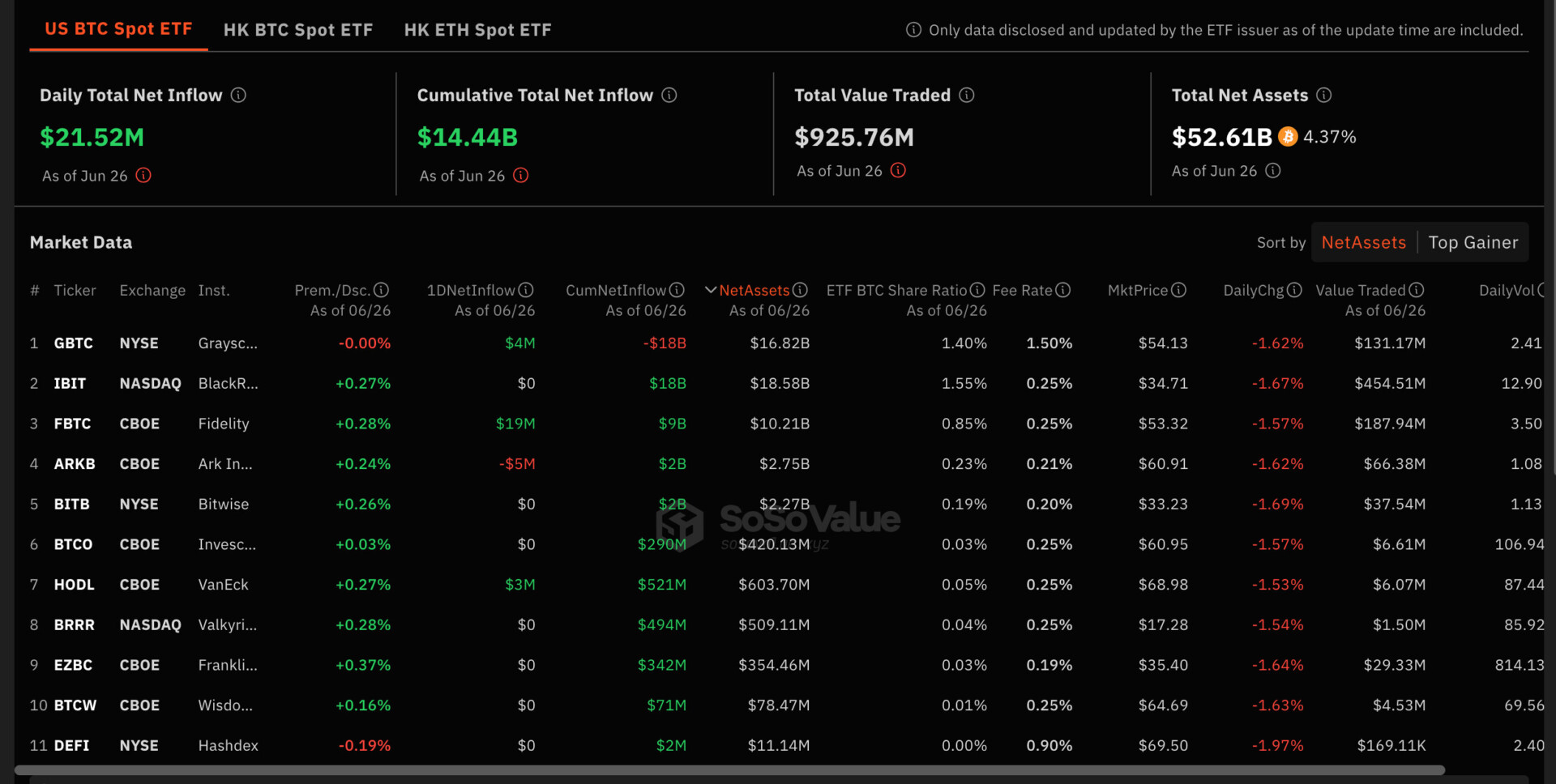The Federal Reserve, in a move that kept Wall Street on its toes, opted to maintain interest rates at their 23-year peak during their first policy meeting of 2024. The decision, arrived at unanimously, holds the benchmark federal funds target steady between 5.25% and 5.5%. This steadfast approach from the US central bank indicates a cautious but shifting stance towards the nation’s economic trajectory.
With eyes peeled on every word from the Fed, the removal of a bias toward rate hikes in their statement stood out. The subtle yet significant language change suggests that the next direction for interest rates could be downward. However, don’t expect this shift to come rapidly. The Federal Open Market Committee (FOMC) clarified that a reduction in the target range isn’t on the immediate horizon. They’re waiting for that golden sign – a confident move of inflation towards their 2% target.
A Balancing Act: Inflation and Employment Goals
It’s like a high-wire act at the Fed, balancing inflation goals with employment objectives. The FOMC isn’t rushing to conclusions or decisions. They’ve hinted that they need more time and more data, especially with inflation, before they start loosening their grip on borrowing costs. Fed Chair Jerome Powell, the man in the hot seat, echoed this sentiment. He candidly admitted that the committee is unlikely to reach a level of confidence by their next meeting in March to kickstart rate cuts. So, if you were betting on a March reduction, the odds might not be in your favor.
What we’re seeing here is a cautious Fed, scarred by the past. Remember 2021 and 2022? When they were caught off guard by higher and more persistent inflation than anticipated? Yeah, they don’t want a repeat performance. They’re like a cat on a hot tin roof, wary of making the same mistake twice. Comerica Bank’s chief economist, Bill Adams, couldn’t have put it better: The Fed wants to see “the whites of 2% inflation’s eyes” before pulling the trigger on rate cuts.
Market Reaction and Future Projections
The market’s reaction? Let’s just say it wasn’t cheers and confetti. Stocks took a nosedive, with the Dow Jones Industrial Average shedding 300 points as Powell played down the hopes of an imminent rate cut. The Fed’s latest policy statement included tweaks suggesting no further rate hikes but also no immediate cuts. It’s a game of patience and precision.
Looking ahead, the Fed’s calendar is marked with two key policy decision dates – March 20 and May 1. All eyes are on these dates as potential starting points for rate reductions. Why? Because inflation is showing signs of cooling off, and job growth is slowing down. The personal consumption expenditures price index, the Fed’s preferred inflation gauge, will be a critical piece of the puzzle, with its next update due before the March meeting.
Interestingly, Powell made it clear that the Fed isn’t concerned about the economy being too strong right now. He’s looking at the bigger picture – continued declines in inflation and a strong labor market. The Fed isn’t about promoting growth for growth’s sake; it’s about maximum employment and price stability.
In short, the Federal Reserve is playing a waiting game, carefully analyzing every piece of data before making their next move. They’re not ready to hit the rate cut button just yet, but the path seems set for some easing later in the year. The critical takeaway? Don’t expect any hasty moves from the Fed – they’re on a mission to ensure stability, even if it means keeping everyone guessing a little longer.





